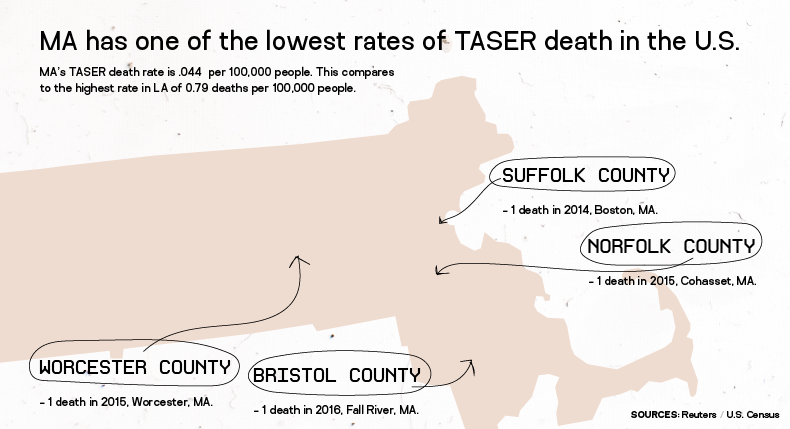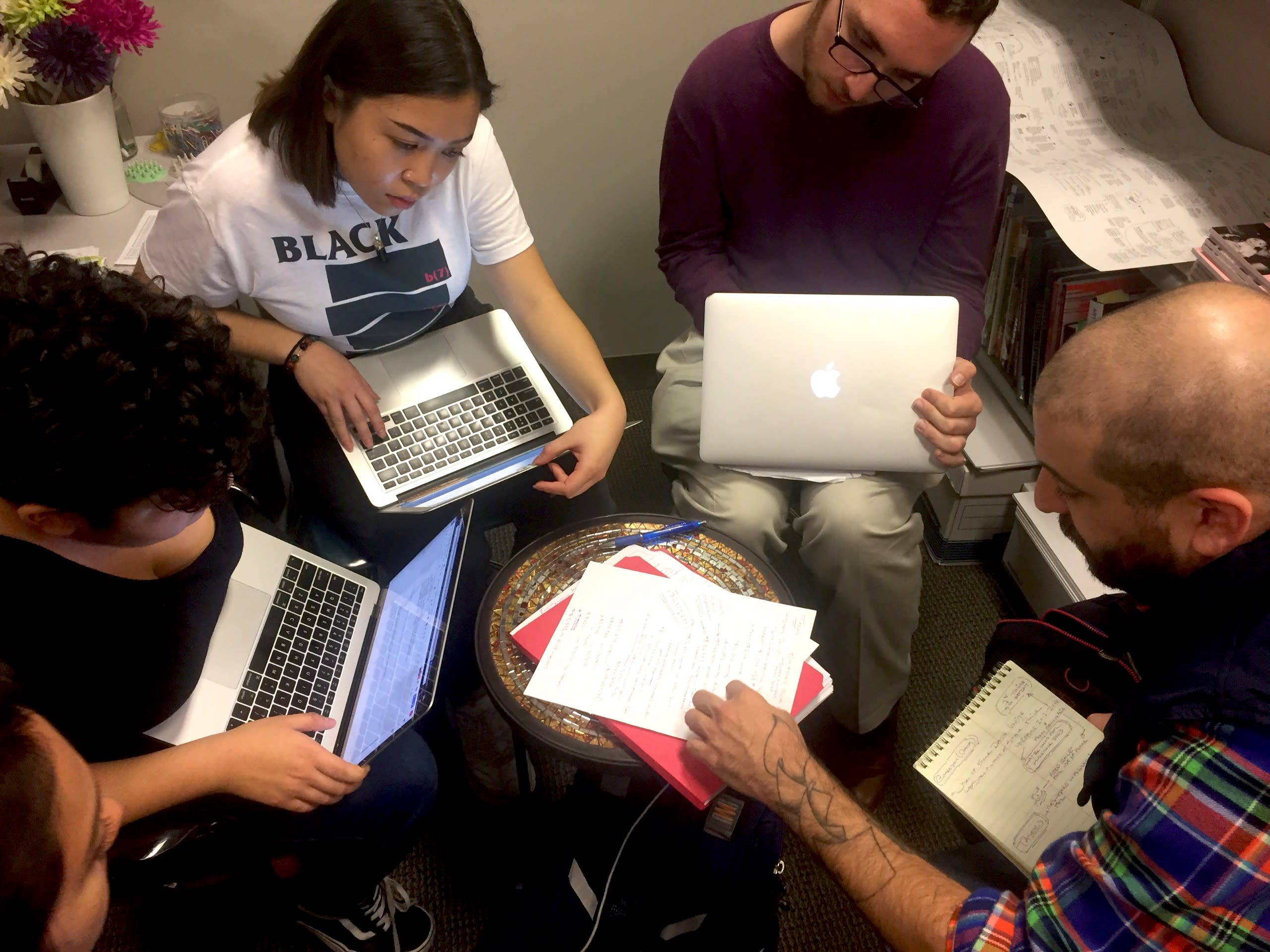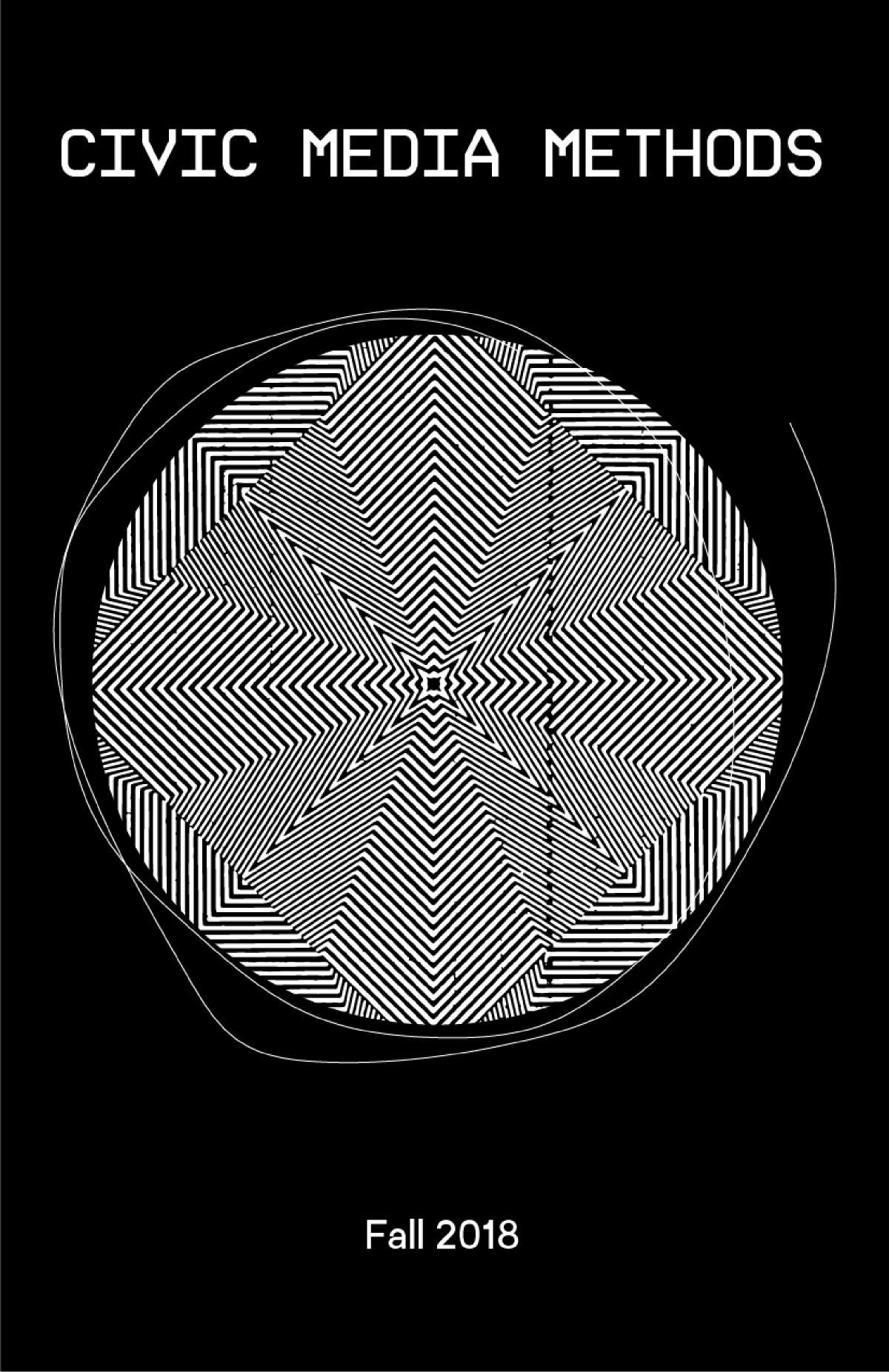



This site is the digital home for the "Make FOIA Work: Using Freedom of Information Act Requests to Engage Students and Communities in Local Investigative Reporting" project.
In Fall 2018 journalism and civic media students at Emerson College in Boston, MA, participated in a journalism education project that used Freedom of Information Act requests (FOIAs) to engage journalists and local communities in sourcing information, identifying problems, and creating relevant and accessible stories.
Make FOIA Work is about re-imaging journalism through design, participation and collaboration. Faculty, staff and students at Emerson College and the Engagement Lab staff worked alongside the Boston Institute of Nonprofit Journalism (BINJ) and MuckRock, two independent and alternative news and information platforms and publishers.
This site shares the fruits of this partnership in the form of data-driven journalism stories developed out of successful FOIA requests. The stories expose corruption around the sales of guns in Massachusetts, the use of illicit or discontinued weapons, political connections, and more.
In addition to stories, the team has produced a participatory design process book that details how to conduct participatory and creative community engagement research. This book is a field guide for journalists, practitioners and community members that details our decision process and provides tips, techniques, and steps for undertaking your own participatory design projects.
The site also features the syllabi of the two participating design studios: participatory methods and data visualization. The courses worked in parallel to build engagement based approaches to community participation in the reporting, and through the use of FOIA requests.




Paul Mihailidis
Associate Professor, Journalism, Emerson College
Adam Gamwell
Design Anthropologist and Affiliated Faculty, Engagement Lab, CMAP/Media Design, Journalism, Emerson College
Catherine D’Ignazio
Assistant Professor, Journalism, Emerson College
Michael Morisy
Co-Founder & Chief Executive, MuckRock
Chris Farone
Editorial Director, Boston Institute of Nonprofit Journalism (BINJ)
Catherine Buckler
Project Coordinator, Engagement Lab
Courtney Lord
Lead Designer, Engagement Lab
Johnny Richardson
Lead Developer, Engagement Lab
Vasiliki Rapti
Affiliated Faculty; CMAP ’19 candidate, Project Assistant
Manon Banta
CMAP ’19 candidate, Project Assistant
Herman E. Servatious
CMAP ’19 candidate,Project Assistant










Can journalists employ Freedom of Information Act requests to meaningfully engage communities in dialogue about issues that matter to them? How might FOIA, data, and information connect journalists and local communities in the processes of informational gathering and news reporting, while fostering a sense of civic ownership and inclusion? This guide provides the techniques, methods and reflections that came out of the Make FOIA Work project and the Participatory Methods class in the Media Design program at the Engagement Lab and Emerson College. This guide is designed for journalists, educators, students, and communities to use and follow for creating more collaborative, participatory and inclusive projects.
This course introduces concepts, methods, and practices of participatory design. Class is premised upon learning and practicing participatory design methods that draw from a range of disciplines including anthropology, design, sociology, and civic media. Participatory design is an interdisciplinary field of research and intervention that moves traditional design practices to be more inclusive, participatory and democratic by including in the research and design process stakeholders who will be affected by design. Best practices and methods follow a human-centered design mindset that takes into account diversity and designing for the widest possible spectrum of stakeholders. Second, participatory design methods do not assume to know the problem or full scope of an issue ahead of time but rather gradually unfold and define problems to solve in a collaborative manner. Fall 2018 course taught by Adam Gamwell.

This course introduces concepts, methods and practices of data visualization and data storytelling for journalism and civic media graduate students. Data journalism is an emerging field of practice that ranges from the dazzling interactive graphics of the New York Times to the consistent, watchful reporting of sites like Homicide Watch. In this course, students learn to adopt a "data-mindset" and reflect on how telling stories with data can help advance (and occasionally obscure) public understanding. Students will learn how to find and create data sets for their stories, how to analyze data (including some basic scripting and coding) and how to present data in a variety of ways. We will also discuss privacy, verification, ethics and some of the other thorny issues that arise with data reporting. Some experience in HTML and coding is helpful but not required. Fall 2018 class taught by Catherine D'Ignazio
